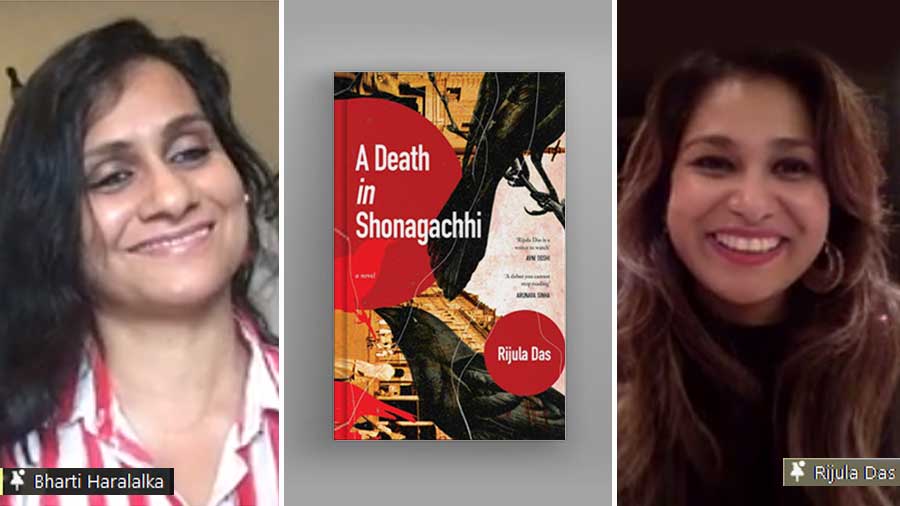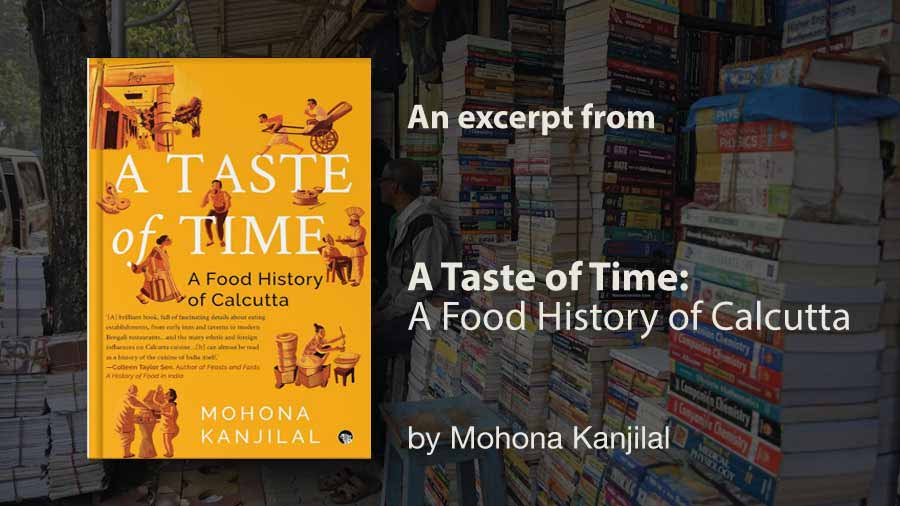Life in a red-light district is not simply an aggregation of isolated instances of exploitative behaviour but a product of systemic oppression that society perpetuates over time. Exploitation and violence are not created in a vacuum, they exist in tandem with everyday social realities, forming a tapestry of conflicting emotions, tensions, and narratives.
This is the central facet of A Death in Shonagachhi, a riveting debut novel by Rijula Das, who was the latest guest at An Author’s Afternoon, organised by the Prabha Khaitan Foundation in association with Shree Cement Ltd and Taj Bengal Kolkata.
Das is a recipient of the 2019 Michael King Writers Centre Residency in Auckland, New Zealand and the 2016 Dastaan Award for her short story Notes from a Passing. Another of her short stories, The Grave of the Heart Eater, was long-listed for the Commonwealth Short Story Prize in 2019.
Das did her PhD in creative writing and prose-fiction in 2017 from Nanyang Technological University, Singapore, where she also taught writing for two years. She is based in Wellington, New Zealand.
In conversation with Das was Bharti Haralalka, interior designer and wellness expert, who praised the writer for “deftly and swiftly changing the course of the book at crucial points by using a fly-on-the-wall approach that keeps the author’s personal point of view at a distance”.
Das and Haralalka were welcomed to the discussion by Modhurima Sinha on behalf of Taj Bengal Kolkata.
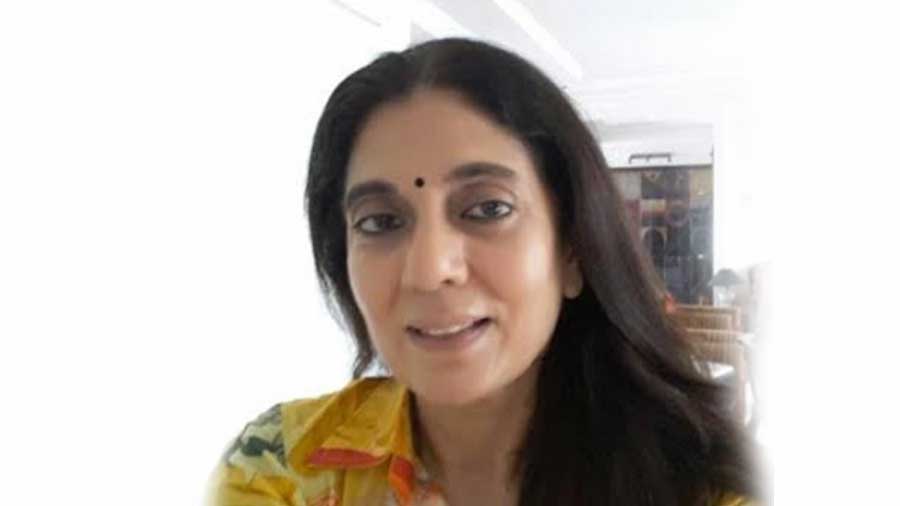
Payal Mohanka

It was a very engaging session with incisive questions from Bharti Haralalka. The author Rijula Das shared her perspective with refreshing candour. It was interesting to hear that even though the book had been sold, the author reworked the storyline as she wasn’t totally satisfied. She retained the beginning and the end but gave her go ahead only once she was happy with the final draft.
Payal Mohanka
The interaction got underway with Das’s motivations behind writing the book, which she attributed to her PhD research on connections between public space and sexual violence.
“The story of prostitutes and the lives they lead is a predictable story narrated many times in our collective imagination, especially in Bollywood,” Das said. “But I wanted to show that when a story is repeated so often, reality gets distorted. I wanted to tell a so-called predictable story in an unfamiliar but real way.”
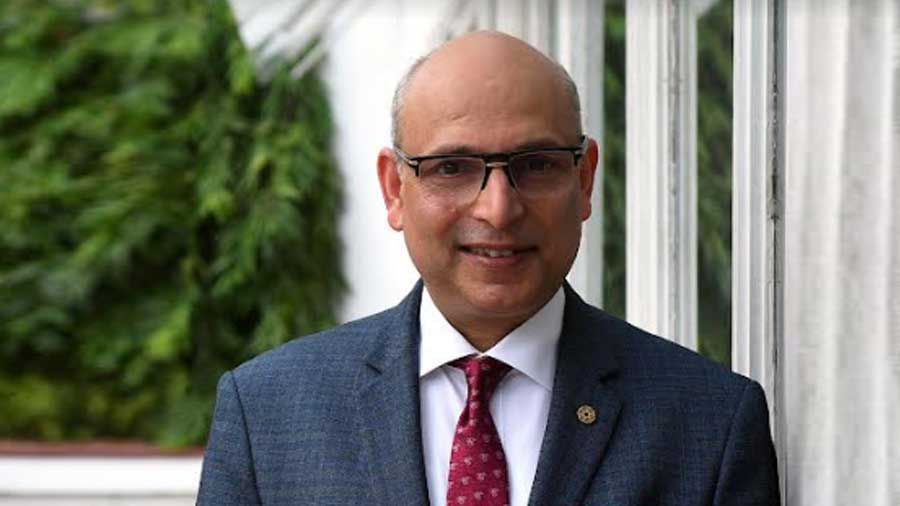
Vijay Shrikent - GM Taj Bengal

It was good to have the Author’s Afternoon back virtually after a long gap, with an interesting conversation with author Rijula Das.
Vijay Shrikent
When Haralalka complimented Das on her restraint and maturity of prose, Das reflected on how she did not want the book to be a “doom and gloom read”. Instead, she saw the book as a means of preserving women’s dignity, but not without touches of humour and laughter: “No human life is entirely tragic, even horrible lives have an aspect of normality to them. I did not want to eliminate that in my story.”
The conversation shifted to the depiction of Kolkata in the book, particularly of Park Street, which led Das to describing the city as “her artistic home”.
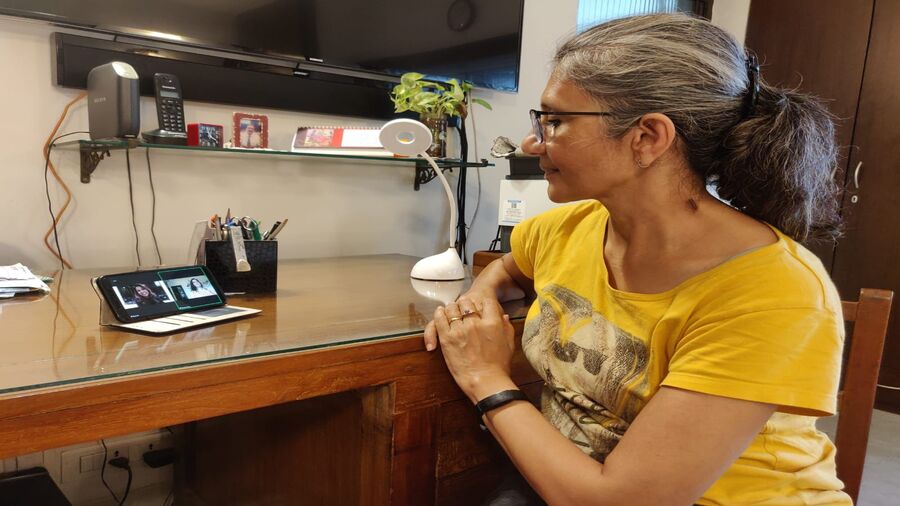
Sujata Khan John

I loved the conversation and would love to get hold of the book. Ms Haralalka did a wonderful job of making the conversation compelling.
Sujata Khan John
“I do not think I can write a book yet that is not set in the city of Kolkata or in Bengal,” Das said. “I have spent so much of my life walking on the streets of Kolkata... but Kolkata is also a stark city... one that reminds you that not everybody who is in Kolkata feels they belong there.”
In the final part of the discussion, Das and Haralalka spoke about the nuanced characterisation in the book, the absence of an outright protagonist, and the ways in which dependence and disgust combine in human relationships, as seen in the relationships shared by the sex workers of Shonagachhi with the character of Shefali madam in the book.
